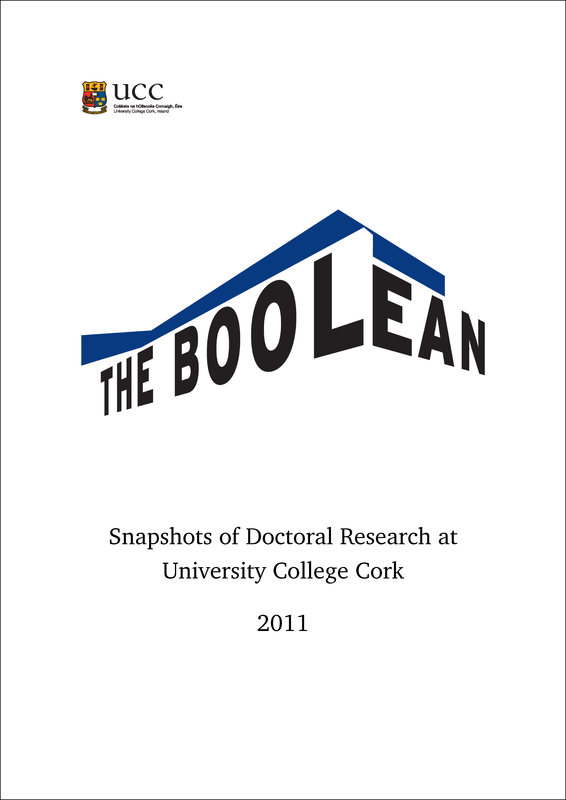Seeing the wood for the trees: land-use legacies in native woodland
DOI:
https://doi.org/10.33178/boolean.2011.9Abstract
Native deciduous woodland in Ireland covers less than 2 % of the entire country. The scarcity of this national resource means that all remaining native woodland is of great conservation importance. However, any attempt to restore and preserve existing native woodland must consider all factors that contribute to its current status and condition. These include features such as climate, elevation, soil, threats from invasive species (non-native plant and animal species that adversely affect the habitats they occupy), as well as current and future management practices. However, one key factor that is often overlooked is the former history of the woodland, not only in recent decades, but also over the past few centuries. Unlike many other habitats (such as lakes, rocky shores, or rivers), historical management can have major impacts on current woodland structure and functioning; for instance, it can promote the survival of certain plant and animal species over others, ...References
Published
2011-01-01
Issue
Section
Articles
License
Copyright (c) 2011 the author(s)

This work is licensed under a Creative Commons Attribution-NonCommercial-NoDerivatives 4.0 International License.



